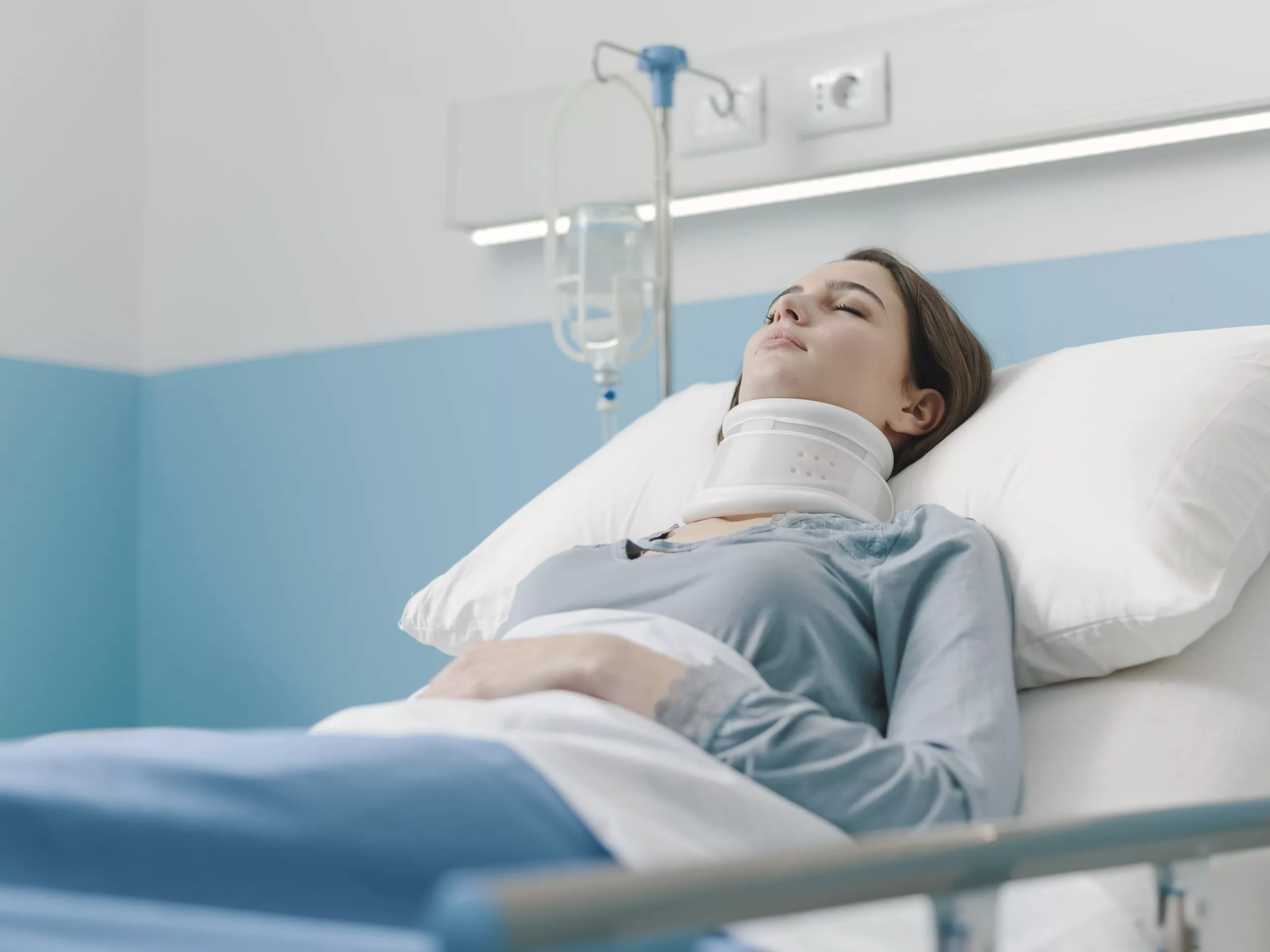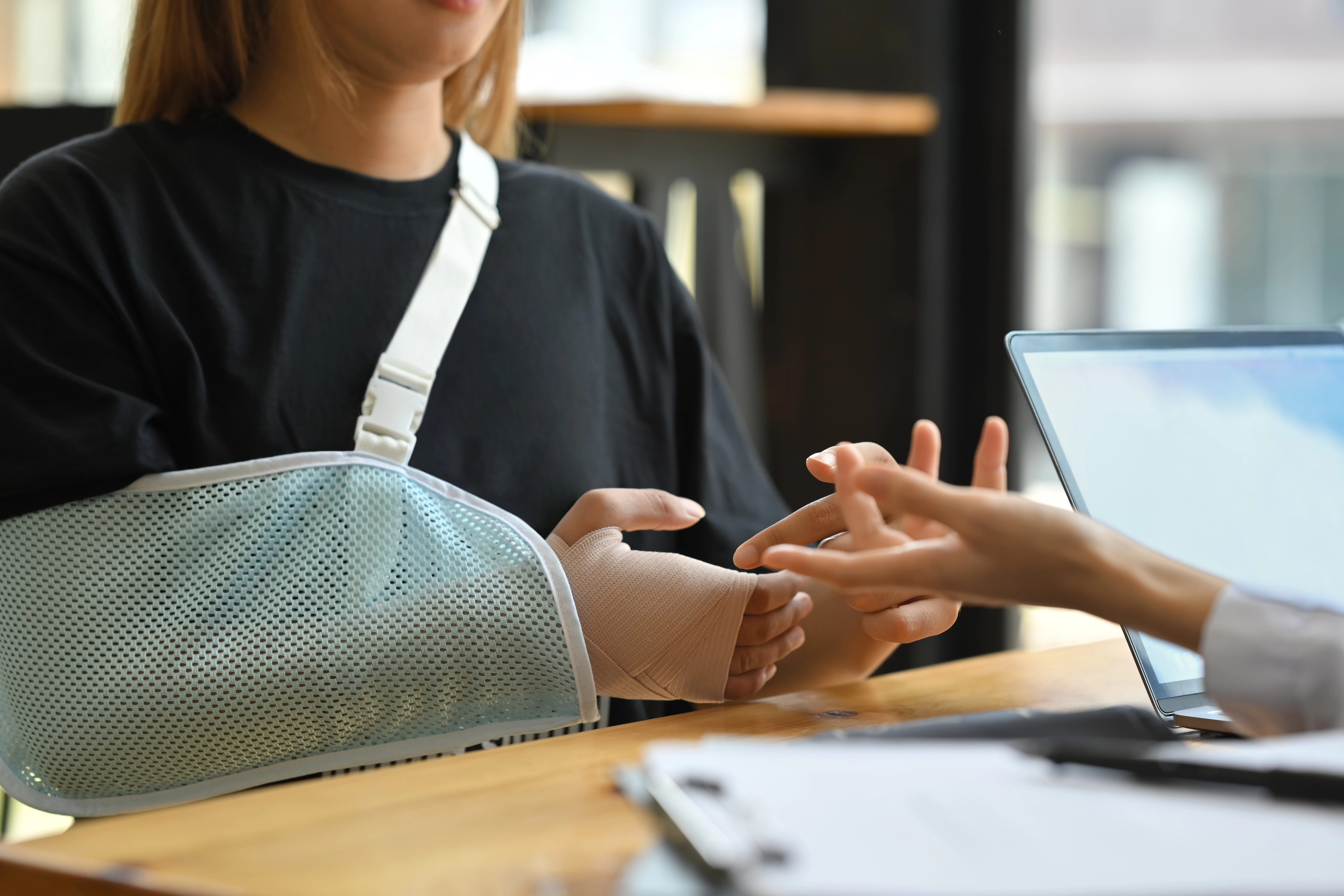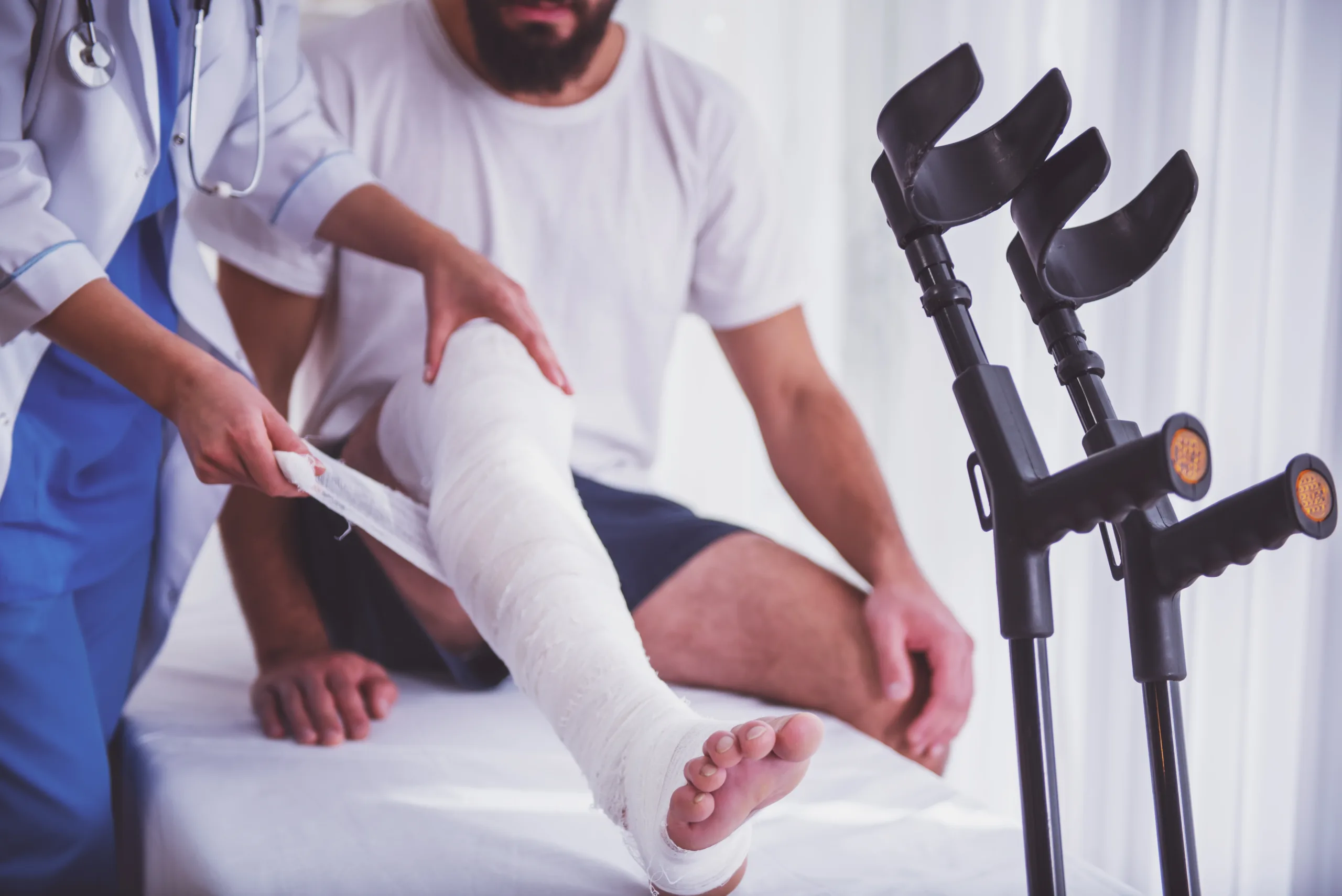Will the person responsible for my injury be punished?
No, because punishment comes from criminal cases, not civil cases. In a civil action for personal injury, a defendant does not face a jail sentence or tremendous financial penalty as a form of punishment. That is an example of a criminal sentence, whereas a personal injury lawsuit falls under civil disputes. However, juries and courts have the authority to award what are known as punitive damages in cases where the defendant’s intentional actions have resulted in harm to the plaintiff. These awards are not handed out often.
Louisiana law is cautious and philosophically reluctant regarding punitive damages. They are usually not recoverable, regardless of how outrageous the behavior is, except in a few limited scenarios authorized by the state legislature. One of these limited scenarios is drinking and driving and causing an accident. According to Louisiana’s statutory public policy, punitive damages can be justified to discourage, prevent, and punish drunk driving.
Punitive damages are allowed under the current version of the law when the car accident claimant can prove that their personal injuries were caused by “a wanton or reckless disregard for the rights and safety of others while a defendant whose intoxication while operating a motor vehicle was a cause in fact of the resulting injuries.” A properly investigated drunk driving accident often leads to the police or medical doctor finding the defendant intoxicated.
Were you injured in a car accident caused by a drunk driver? Do you wonder if you have a case? The most essential variable in your case is always the facts. Orum Young Law Personal Injury Attorney has successfully taken drunk drivers to court. Our Monroe personal injury attorneys are well-versed in the legal, insurance, and technical issues these personal injury cases bring up. If you have questions about drunk driving accidents, insurance claims, or the punitive damages law in Louisiana, please contact our personal injury lawyers now.
What Does an Average Personal Injury Case in Louisiana Look Like?
 Automobile accidents, which are the most common source of personal injury claims, are a good illustration of how tort law works. In a “fault” state such as Louisiana, you have a negligence claim if you are injured by a driver who fails to take reasonable care because drivers have to exercise reasonable care whenever they are on the road. Personal injury law states that you can recover your losses if they violate that duty and cause harm. However, the system might be very different in states where no-fault laws have been enacted.
Automobile accidents, which are the most common source of personal injury claims, are a good illustration of how tort law works. In a “fault” state such as Louisiana, you have a negligence claim if you are injured by a driver who fails to take reasonable care because drivers have to exercise reasonable care whenever they are on the road. Personal injury law states that you can recover your losses if they violate that duty and cause harm. However, the system might be very different in states where no-fault laws have been enacted.
Negligence extends much further than claims arising from automobile accidents. It serves as the foundation for the majority of personal injury lawsuits, together with medical malpractice.
Are there other legal grounds for personal injury in Louisiana other than negligence?
Yes.
- One area of tort law becoming increasingly significant is known as strict liability. It imposes strict liability on product designers and manufacturers for injuries caused by their defective products. In these situations, the injured person is not required to prove that the manufacturer was negligent in any way. Rather, you will need to prove that the product in question was manufactured or designed in such a way that it was unsafe once it was put to its intended use.
- Although they are less common, personal injury claims can also be founded on intentional wrongs committed by the defendant. For instance, if someone whacks you, even in good humor, you might have a case for battery and win it if you sue that person. If one store detective mistakenly detains you for shoplifting, you could have a case for false imprisonment on your hands, which could lead to a successful outcome in court. Those who commit some intentional torts, such as assault and battery, may face criminal liabilities for their actions. A tort case is a civil court proceeding brought by a person or entity and is entirely different from whatever criminal charges are filed by the government.
Punitive Damages vs. Compensatory Damages
What is the difference between the two?
- The purpose of compensatory damages is to give plaintiffs justice after they have been wronged.
- The purpose of punitive damages is to prevent other people from being harmed by similar or identical actions.
Compensatory Damages: What Are They?
Compensatory damages intend to compensate a claimant for their actual losses. This form of compensation can be used to pay back for medical treatments, hospital bills, or any other future expenses they may incur resulting from an injury caused by the negligence of some other individual or entity. These are commonly known as actual damages.
When a court awards a complainant compensatory damages, the court can make one of two judgments:
- Special Damages
These are tangible and easy-to-calculate awards because they are based on actual expenses incurred by the victim due to an incident, such as but not confined to car and truck accidents. On top of medical expenses, victims may be compensated for lost wages, property damage, or out-of-pocket court and legal fees incurred resulting from the negligence. The amount a plaintiff receives is pretty straightforward since these losses are easy to prove and can be supported by tangible evidence.
- General Injuries
This type of damage is more challenging to estimate than others because of its subjective nature. In a personal injury case, the immediate losses may be apparent. However, its long-term effects are often not. Disfigurement, emotional distress, pain and suffering, shortened life expectancy, PTSD, and any long-term medical care and treatments for injuries that take more time to manifest are all present (e.g., concussions and traumatic brain injuries). Even defamation can be considered an injury that qualifies for general damages. Another example of general damage is when someone has difficulty forming relationships following an injury. This is referred to as “loss of consortium.”
Your Case in Louisiana Can Get Complicated Due to Comparative Negligence
Hiring a Monroe personal injury attorney is especially important in comparative negligence cases. If two parties are equally at fault for an accident, the other party might accuse you of being more at fault than you are. They may be successful in this accusation if you do not have a personal injury attorney.
A personal injury attorney from Orum Young Law will seek a just resolution to your case. They will use evidence, as well as other resources, to prove either:
- You are not at all responsible for your accident.
- You are liable only to a limited extent.
You should not accept compensation that is less than you are entitled to. The first step toward a fair recovery is determining your share of liability. Allow our Monroe personal injury attorney to help you set the record straight.
The Louisiana Statute of Limitations for Car Accidents
The state law known as the “statute of limitations” imposes a strict deadline on your ability to file a personal injury lawsuit in court.
In Louisiana, the statute of limitations that applies to almost all car accident lawsuits is the same as the larger one that holds to most personal injury cases. Article 3492 of the Louisiana Civil Code states: “Delictual actions are subject to a one-year liberative prescription. This prescription is effective from the date of injury or damage.”
What is “delictual action”?
A “delictual” action is merely a lawsuit for some type of harm, whereas a “liberative prescription” refers to a time limit. According to Article 3492, any lawsuit for bodily harm or property damage must be filed within one year, which includes any claim for bodily harm or property damage made by a bicyclist, driver, or electric scooter, motorcyclist, passenger, or pedestrian following a traffic accident. Louisiana’s one-year statute of limitations starts on the date of the accident.
Please consider that the statute of limitations does not apply to a car insurance claim. An insurance company, whether yours or the other driver’s, will require you to file a claim—or at the very least notify the insurer of an incident that may result in a claim—”promptly” or “within a reasonable time” after the accident. This generally means a few days, if not a few weeks.
If you try to file your lawsuit after the deadline has passed, you can be sure that the defendant will bring this to the court’s attention as part of a motion to dismiss. The court would almost certainly grant the motion (unless some unusual exception applies to extend the filing deadline), and your case will be closed. That is why it is critical to understand how the statute applies to your specific situation.
Leave yourself enough time to file a lawsuit if necessary, even if you think your case will be resolved through the car insurance claim process so that you have more bargaining power if a lawsuit is filed. If you believe you are approaching the filing deadline, you should consult with a competent Louisiana car accident attorney.
What Damages May I Be Able to Recover After a Car Accident in Louisiana?
Every personal injury case is different, and the specific facts of your case will determine the kinds of damages you can recover. If you were injured by a negligent driver in Louisiana, you might be able to receive compensation for:
- Loss of consortium
- Loss of potential future earnings
- Lost wages
- Medical expenses
- Mental anguish
- Pain and suffering
- Property damage
You should not accept a settlement unless you fully understand the extent of your injuries and losses. If the insurance company offers an insufficient amount to cover your ongoing medical expenses or loss of future earning capacity, you may get into overwhelming debt.
Working with an accident attorney can help you pursue a fair recovery based on the facts of your case. Orum Young Law firm will fight any allegation that you contributed to the injury you experienced. Our law firm will also identify as many accident-related damages as possible to ensure a fair payout.
Speak with an Orum Young Law Personal Injury Attorney About Your Case
Orum Young Law’s auto accident or injury lawyer can help you understand your case and the compensation you are entitled to. Many of our clients have received favorable settlements and verdicts. We may be able to help you as well.
Contact us right away for a FREE case evaluation. We can go into more detail about how Louisiana laws on comparative negligence can impact your claim.





